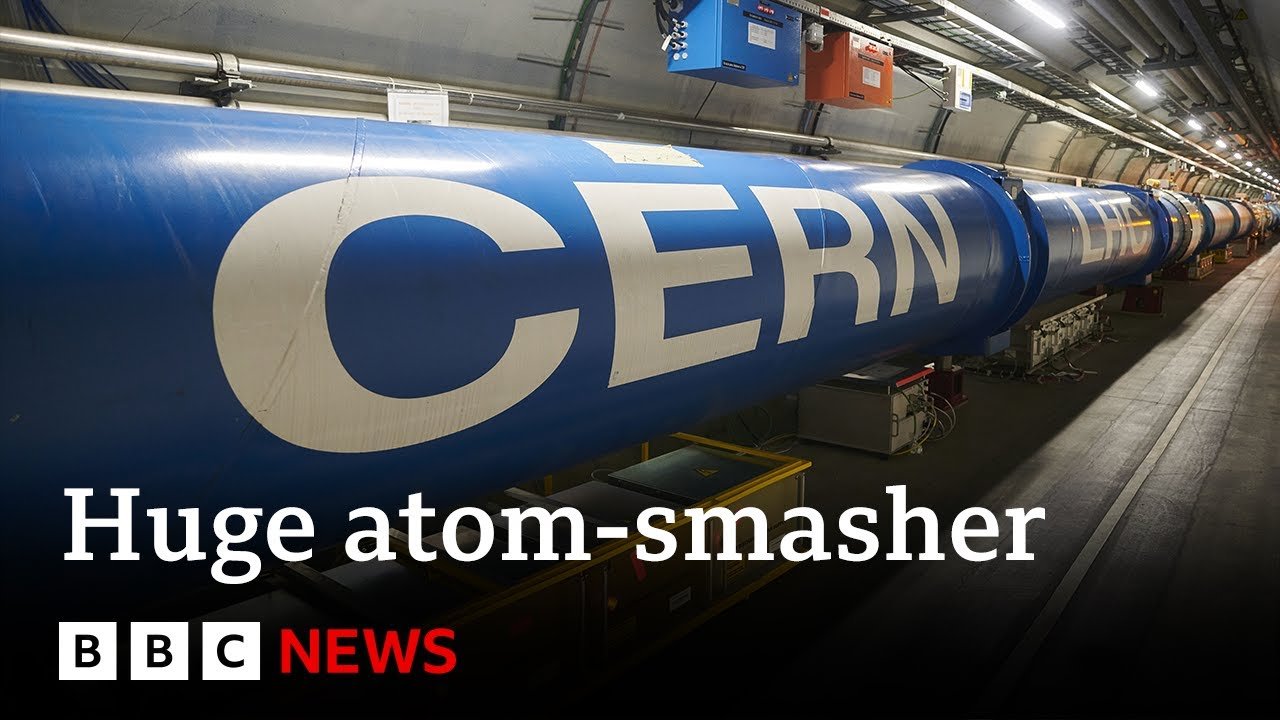Scientists at CERN are planning to build a new particle accelerator, the Future Circular Collider (FCC), which will be three times larger and twice as deep as the current Large Hadron Collider (LHC). The LHC, known for discovering the Higgs boson, has not uncovered the new particles that many hoped it would, prompting the need for a more powerful machine. The FCC aims to collide particles with greater force to answer fundamental questions about the universe’s structure and evolution, with hopes of finding new particles that compose the world around us.
- The Future Circular Collider (FCC) will be next to the existing Large Hadron Collider (LHC) at CERN.
- The new collider will be twice as deep and nearly 91 kilometers in circumference.
- It is designed to provide greater collision force by using stronger magnets and extended travel distance for particles.
- The FCC aims to address unanswered questions in fundamental physics and the universe’s structure.
- Scientists are conducting detailed environmental assessments for the project’s impact on the community.
- The first stage of the FCC is expected to be fully operational by 2045.
- The cost of the new collider is estimated to be up to 17 billion euros.
- The project is driven by scientific curiosity and the pursuit of understanding how the universe operates.
- Researchers are hopeful that the FCC will lead to significant scientific breakthroughs.
The British Broadcasting Corporation is a British public service broadcaster headquartered at Broadcasting House in London. Originally established in 1922 as the British Broadcasting Company, it evolved into its current state with its current name on New Year’s Day 1927.
AllSides Media Bias Rating: Center
https://www.allsides.com/news-source/bbc-news-media-bias
Official website: https://www.bbc.com/
Original video here.
This summary has been generated by AI.
